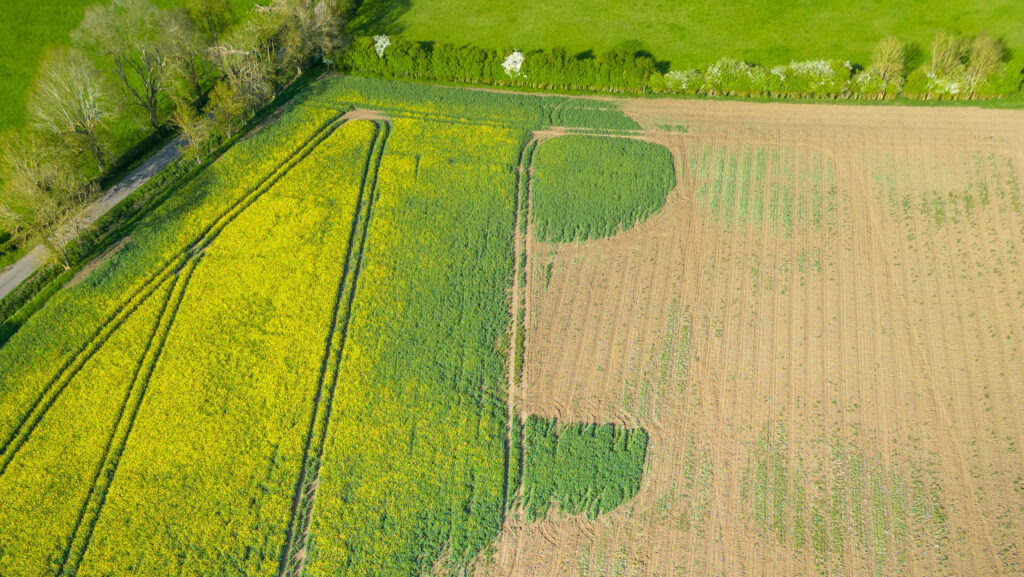Crops under pressure as dry spell continues
 © Tim Scrivener
© Tim Scrivener A dry spring is raising alarm among UK farmers and agricultural experts, as key crops begin to show signs of stress due to a severe lack of rainfall.
Despite one of the most favourable spring planting windows in recent memory, April brought only 56% of average UK rainfall, compounding the driest spring across England since 1961.
According to the AHDB, the early advantage gained by timely sowing is now at risk as crops struggle to establish and develop in parched soil.
See also: Why wheat growers need flexible T2 plans as dry spell continues
Sugar beet growers are particularly concerned, with many reporting poor germination and uneven crop emergence due to insufficient soil moisture.
Daniel Brown, a poultry and arable farmer on the Suffolk/Cambridgeshire border, described one of his beet fields as the worst he’d ever grown, citing “random establishment” and no meaningful rain since drilling.
Helen Plant, AHDB senior analyst, warned yield potential could be significantly impacted if dry conditions persist through May, noting that while some regions received mid-April showers, many continue to face water stress.
The dry spell is also taking a toll on winter cereals.
AHDB’s latest crop report showed a decline in winter wheat rated as in good or excellent condition – from 67% in March to 60% in April.
While still better than this time last year, the trend is concerning, with similar drops observed in winter barley and oats.
Low disease pressure has so far been a “silver lining”, the AHDB says, though yellow rust is becoming more frequent in winter wheat and there have been reports of gout fly damage.
The dry spell has also complicated weed control in some winter cereals.
Drought meeting
Meanwhile, the Environment Agency convened a National Drought Group meeting on 7 May, urging water companies and farmers to prepare for a possible summer drought.
Reservoirs in the North East and North West are now at their lowest spring levels since 1929, and irrigation demands are already climbing.
In Scotland, half of all river catchments are now on water scarcity “Alert”, with the Scottish Environment Protection Agency warning of serious risks to agriculture, ecosystems, and industry if dry conditions continue.
Despite these challenges, AHDB says early indicators suggest this year’s winter crops remain more resilient than in 2024
But with river flows falling and reservoir levels dropping, the outlook for spring and summer harvests will depend heavily on the return of sustained rainfall in the weeks ahead.
